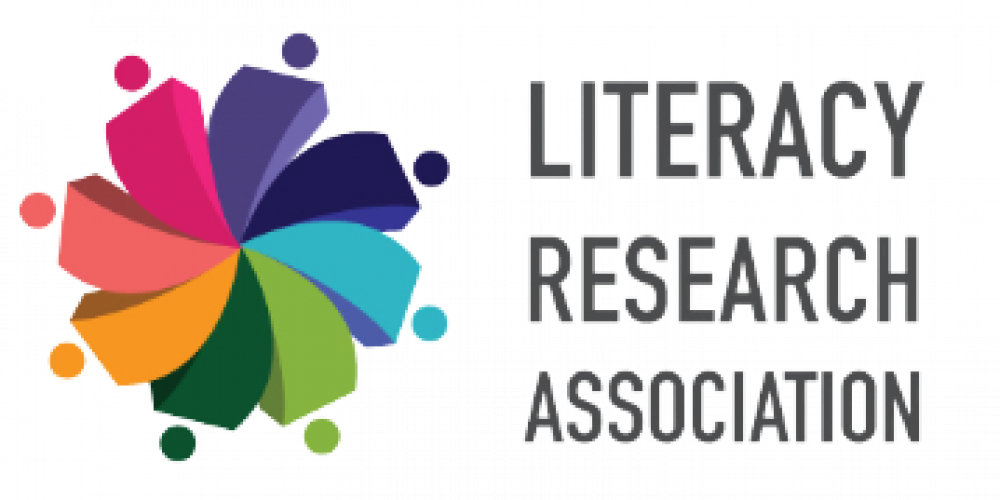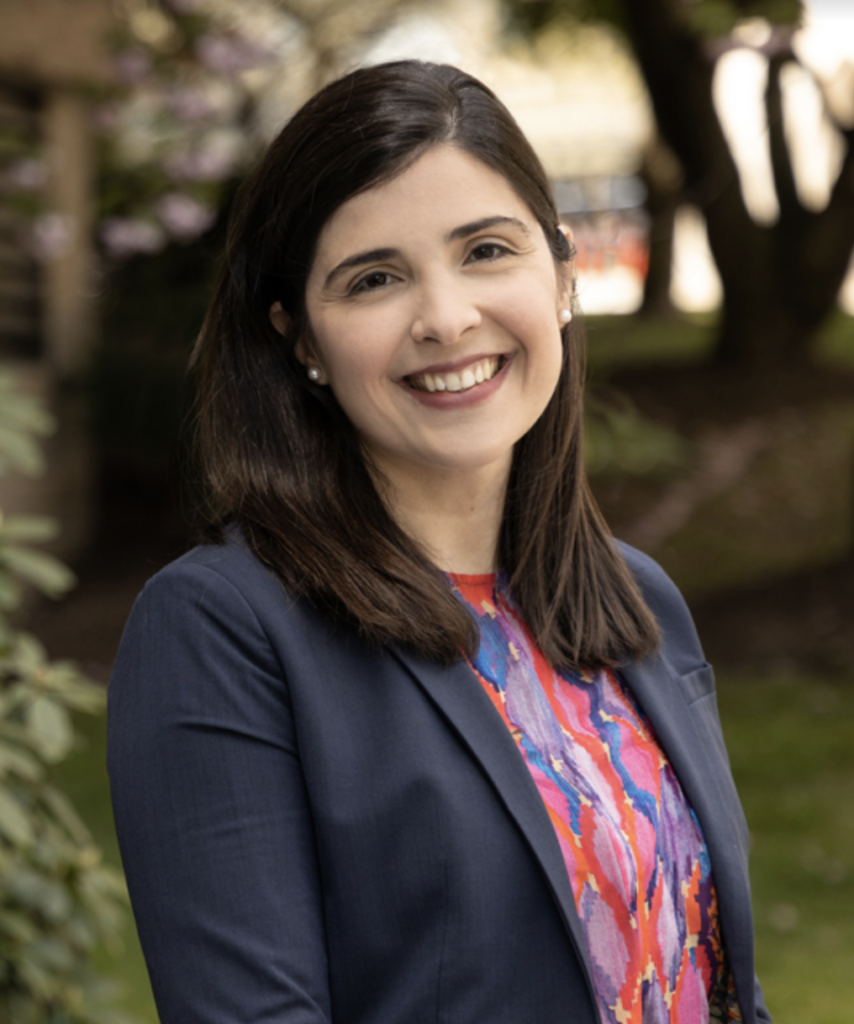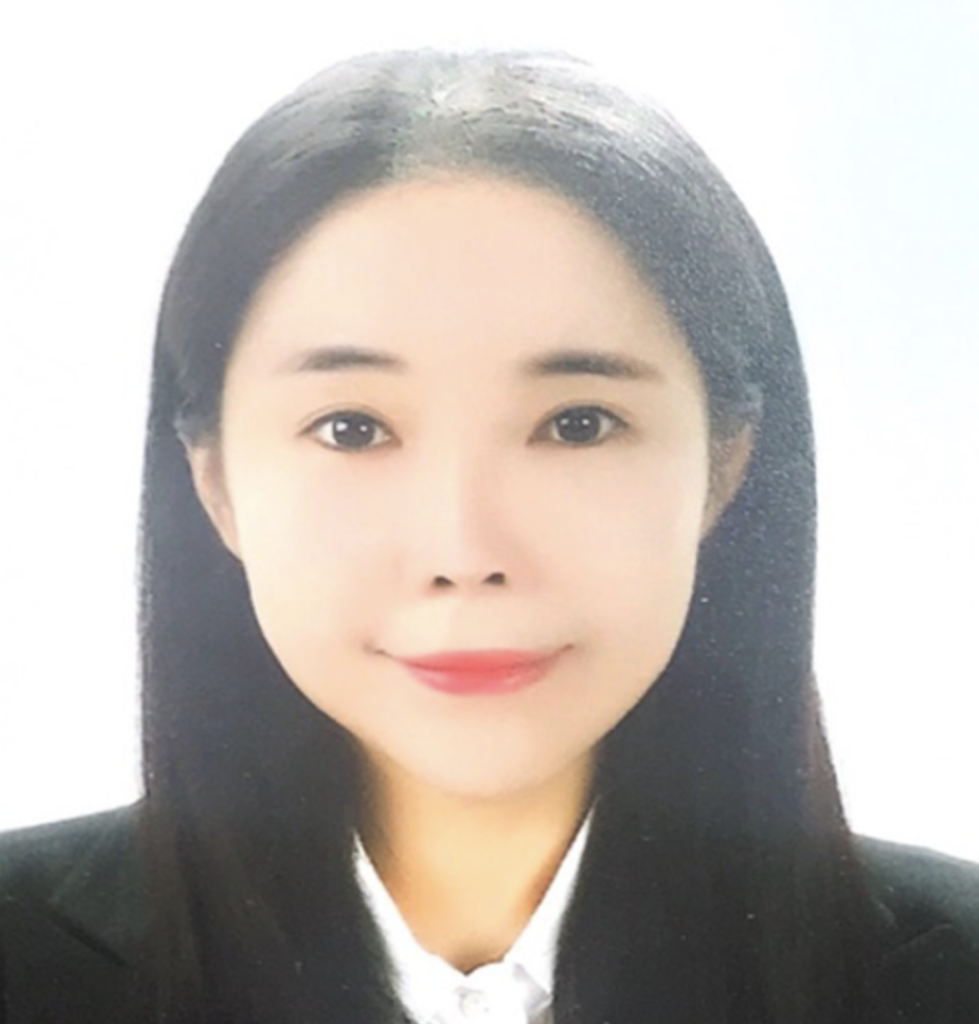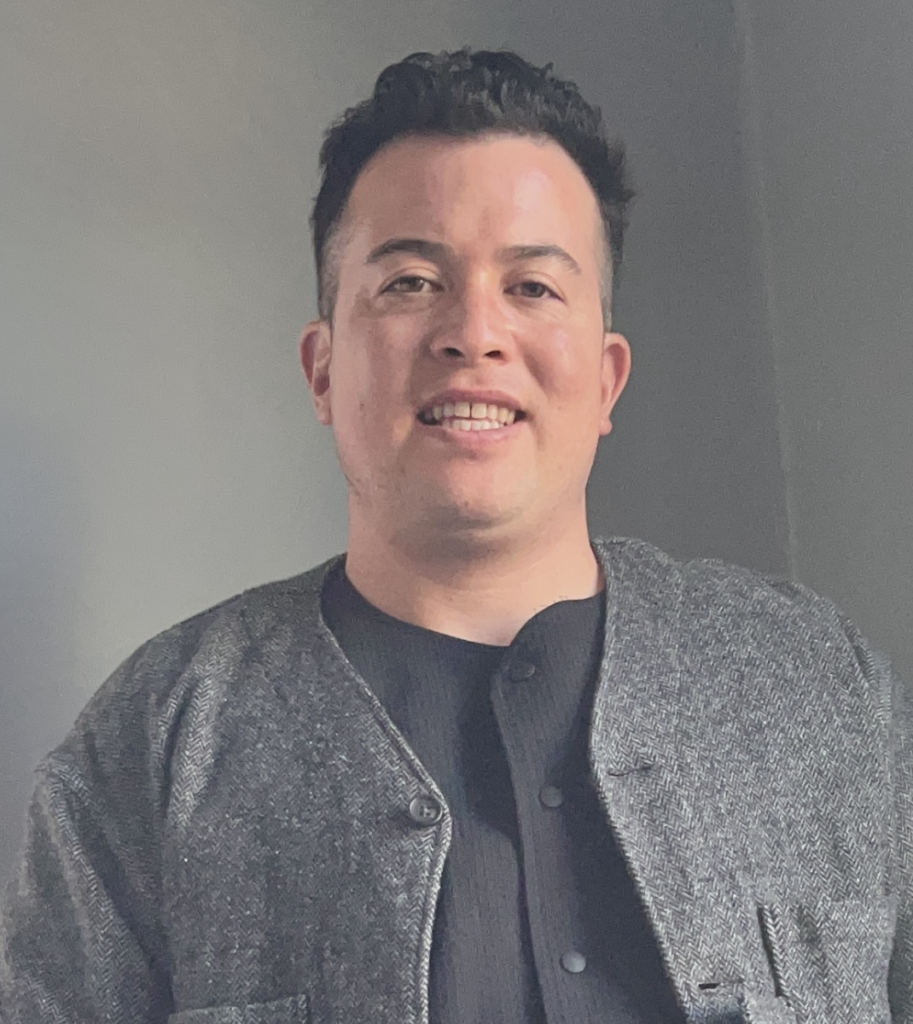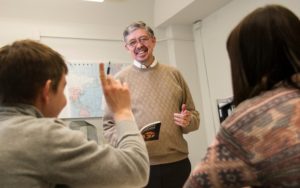If you are a doctoral student or early-career, untenured faculty submitting a proposal on the topic of adult literacy to the 2022 LRA Conference, please consider applying for the J. Michael Parker Award.
LRA awards the J. Michael Parker Award to new scholars for a paper they present at the conference that addresses adult literacy/language development and instruction. The award was established in 2001 in honor of J. Michael Parker, winner of LRA’s Student Outstanding Research Award for his work in community-based adult literacy.
Eligibility
To be true to the spirit of J. Michael Parker’s work, the award recognizes studies that examine ways adults further their own language and literacy development within or outside of formal learning contexts, including different social and cultural contexts for learning. The award is designed to encourage work in adult literacy with a variety of populations, including, but not limited to, learners in formal settings such as adult basic education and ESOL classes, family literacy with an emphasis on the adult, as well as those engaged in literacy practices embedded in diverse cultural settings.
In order to be considered for the J. Michael Parker Award, applicants must meet the following eligibility requirements:
- All of the author(s) of the paper must be doctoral students or early–career, untenured
faculty at the time of the paper submission (October 1, prior to the Annual Meeting)
- The paper is based on a proposal accepted for presentation at the 2021 LRA Annual
Meeting.
- The author(s) of the paper are LRA members in good standing at the time of the paper submission.
Award Details
Recipients of the award receive a small cash award to be used for conference expenses, as well as a plaque commemorating the award. They are also recognized during a general session of the conference. The award is presented to papers with either a single author or multiple authors, wherein all authors must be a doctoral student(s) or early–career, untenured faculty. For single authored papers, the recipient will receive $500 and a plaque commemorating the award.
For co-authored papers, the recipients will each receive a plaque and will decide amongst themselves how to divide the $500 award.
Criteria for Consideration for the Award
The LRA member selected for receiving the J. Michael Parker Award should conduct research that is judged capable of making a significant contribution to the theory and/or practice of adult literacy learning and instruction. This means that the paper will be judged by:
- The overall quality of the research includes consideration of purpose, theoretical
framing, methodology, findings, and conclusions.
- How the manuscript addresses the theory and/or practice of adult literacy in community or postsecondary learning and instruction within or outside of formal learning contexts, including different social and cultural contexts for learning.
- The contribution of the research to the field (e.g., the impact of the research on theory, knowledge, or practice in the field of literacy studies).
Only one award should be given each year (this is to ensure that there are sufficient funds to support participation at the LRA annual conference).
Applicants are required to submit a proposal of their research to the LRA 2021 Conference. If the proposal is accepted, a full research paper (see guidelines below) based on the accepted proposal, must be submitted electronically via email to the chair Mikel W. Cole (mikel.w.cole@gmail.com) by October 1, 2022.
Required Materials Due October 1, 2022, sent via email to mikel.w.cole@gmail.com:
- A full research paper should be no longer than 25 pages (double–spaced and 12–point font), excluding references and appendices. The research paper should be blinded with no identifying information. It should be sent in a Microsoft Word or PDF format.
- A one–page cover letter should include the following information:
- Status (doctoral student or untenured faculty) of each author
- Information about LRA presentation: Date/time/type of session
- A paragraph addressing how the paper meets the award criteria
- If the paper is a small part of a larger study, describe the context and methodology
of the larger study. Also, describe this research in relation to being part of
work conducted by an advisor/tenured faculty member.
Potential applicants are encouraged to contact the award chair (Mikel W. Cole, (mikel.w.cole@gmail.com) to discuss how their research may fit with the intentions of the award and to make inquiries

